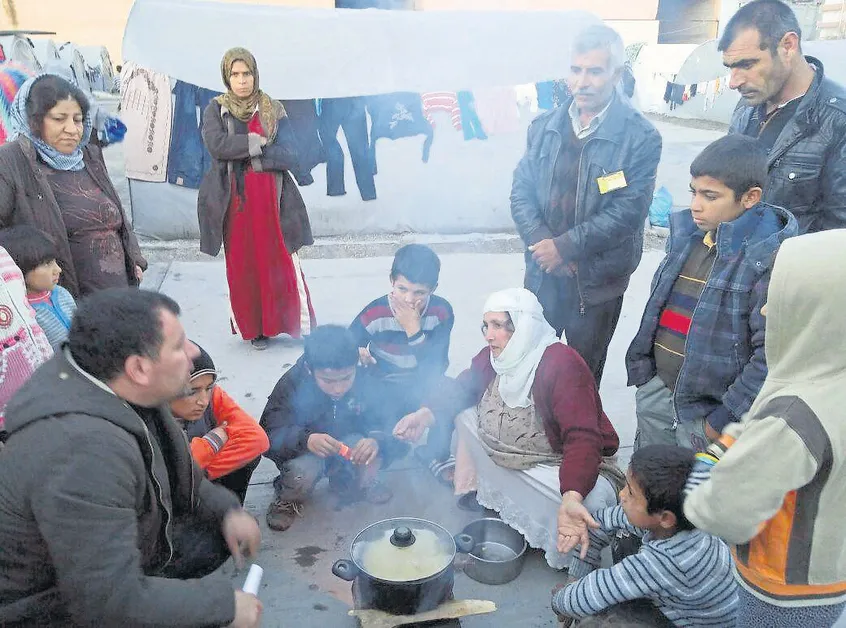Turkish pastor Zekai Tanyar is a former chair of the Evangelical Alliance in his country. He spoke to Lindsay Shaw of SAT-7 about the current situation of Turkey’s Protestant Churches
LS: How are current events affecting the church in Turkey?
ZT:The problems in Syria and Iraq haven’t had negative effects on the church apart from seeing so much human suffering. There are 1.8 million refugees from Syria and Iraq in Turkey. Some of the churches in South Eastern Turkey – around Diyarbikir, Mardin and Van – took a very active role in channelling humanitarian aid to refugees, particularly Yazidis. There are only three to four churches in this vast area, so their efforts have been tremendous. They have left many church activities aside to help these desperate people.
The amount of help for Yazidis from the government was limited, so we organised ourselves as churches to deliver aid given by churches locally and from abroad. The aid is still continuing. Currently we’re helping some of the refugees from Kobane at a huge camp of around 30,000 people in Suruç.



